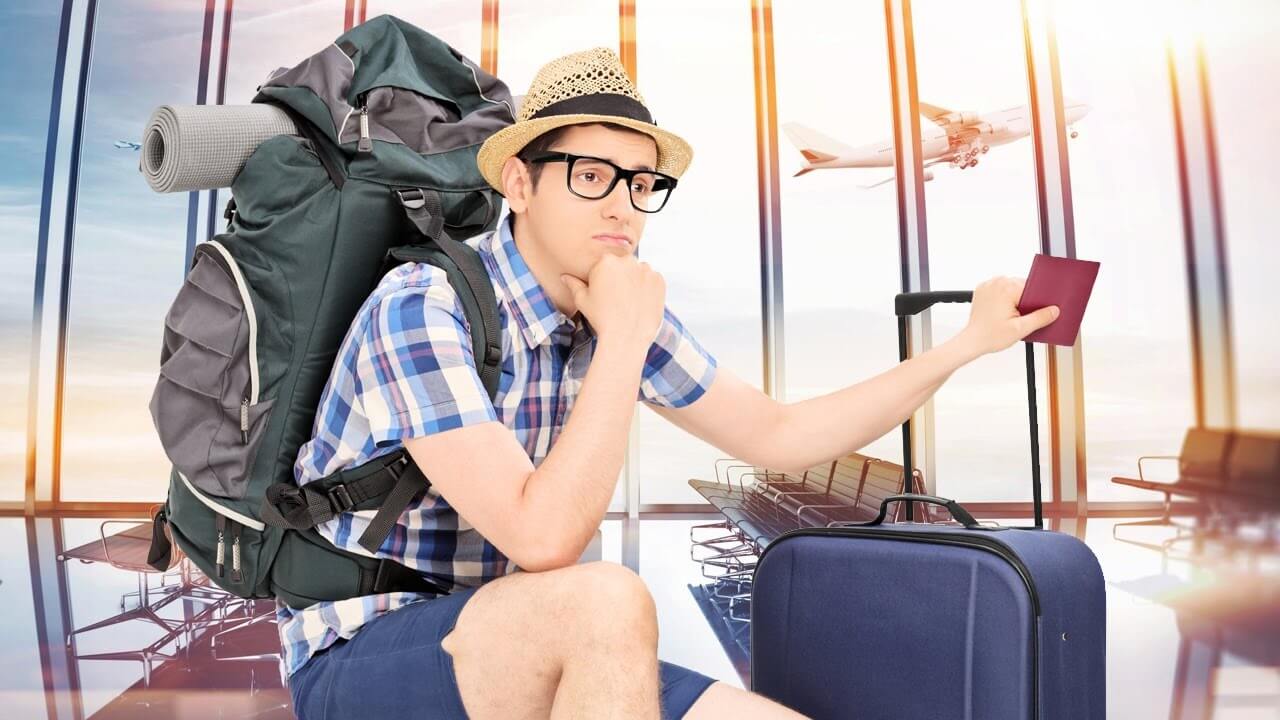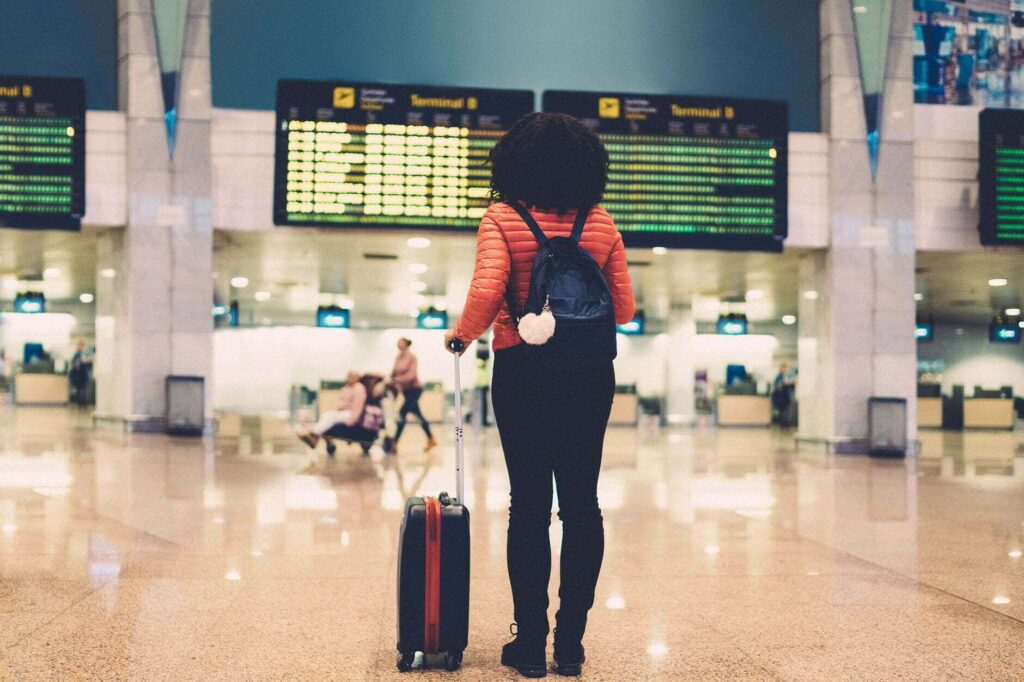
Theft is a serious problem in many large cities across the globe because they operate from the shadows. Thousands of travel scams are used to take advantage of you and scam your money out of you. These travel tips will help you avoid some of the most common travel scams.
In the same way that lions stalk their prey on the Serengeti, thieves are trying to blend in with their surroundings while staring intently at their next victim, much as lions stalk their prey and catch their dinner.
There is a chance that those who conduct travel scams are waiting for a chance to catch them so that they can be exposed. As we were saying earlier, travelers have the opportunity to avoid being robbed if they are alert to the surroundings, similar to how lions hunt weakened gazelles when hunting. In order to succeed in their crimes, thieves are willing to take risks, but they also calculate the risks involved.
In order to prevent being taken advantage of by crooked opportunists, it is important that you are prepared for anything that may occur abroad during your time abroad, even if your time abroad will probably be incident-free.
Tips to Tick Common Travel Scams
1) Know your way around
Consider your destination’s road and transit systems when planning your trip. You should plan activities according to the fastest mode of transportation: the subway to the museum across town, walking to the street market, taking a taxi to the hilltop park, etc.
Additionally, it is important to know how much it will cost to get around. Do multiday subway passes or single-ride tickets make more sense? What are the circumstances under which it makes financial and logistical sense to use a taxi?
Do you think renting bikes or using the local bike-sharing system would be a good idea? To reduce uncertainty and indecisiveness once you arrive at your destination, ask these and other questions.
2) Locate your nearest embassy or consulate and learn how to reach it
You should always know where the nearest U.S. embassy or consulate is, how to reach it, and how to get there. ( Mark it as one of your “destinations” on your city map.)

There aren’t many U.S. embassies and consulates out there, but in countries with which the U.S. maintains normal diplomatic relations, the U.S. should have official outposts in all capitals and most major cities. Have the phone number of the nearest outpost on hand if you are staying in a rural area.
3) Become familiar with the local language
If you’re a casual tourist, you don’t have to know the local language fluently, but you shouldn’t be completely ignorant either. Make sure you know the common phrases you’ll need before your trip by spending a few minutes each day learning them.
4) Don’t forget to leave your passport in the room
It is your passport that is the most important thing in your possession when you travel abroad. It could result in a mandatory visit to the nearest American embassy or consulate, as well as an unpleasant and time-consuming police stop.
Make sure that you keep your passport in a safe place in your hotel room or hostel at all times to avoid hassles. Your room desk shouldn’t be left unattended. Whoever takes it, for whatever reason, is in the same boat as you. Consider substituting your state-issued ID for your passport – it isn’t a practical alternative to a passport, but it has your name and picture.
5) Keep your cash to a minimum
You should also keep most of your cash in a safe in your room. Take out only the money you’ll need for the activities and purchases you’ve planned for that particular journey when you leave your room.

If you plan to visit a museum, an old church, and a restaurant for lunch, then return to your hotel, then bring only what you will need for those three things, plus a little extra for on-the-road expenses.
6) Avoid ostentatious displays
When you are out and about, use common sense when handling valuables. Never show strangers your wedding ring or silver necklace, count your cash on the street, or use your payment cards at the ATM.
Rather than dressing yourself up and looking like a target, you should dress yourself down if you want to avoid looking like a target. You should wear simple clothing and simple shoes, leave your jewelry at home, and use affluence-signaling makeup and personal care products sparingly.
7) Make sure you have pictures of your loved ones and all the passports of everyone in your family
It may sound morbid, but pictures of your loved ones – and their passports – can help you find them if they (or you) go missing. Taking photos or obtaining copies of your passport can also expedite the process of replacing it. The importance of pictures is especially important for local authorities that do not speak English well.
8) Protect yourself against travel risks with a comprehensive travel insurance policy
Flights can be canceled, connections may be missed, natural disasters can occur, sudden illnesses can occur, theft can occur, and many other things can go wrong abroad. While a comprehensive travel insurance policy from Allianz Travel can’t undo problems that have already occurred, it can prevent things from getting worse – and provide financial redress for covered events that impact nonrefundable travel and lodging plans.
Conclusion
There’s no way to anticipate every potential threat to life and limb, whether you’ve traveled abroad countless times or are planning your first trip outside North America. We don’t know what we don’t know about many hazards in this world: unseen risks that we can’t predict.
It is necessary to observe anything that seems out of place so that you can prepare for as many eventualities as possible. You can still have a good time despite it, as long as you don’t let it ruin your mood.